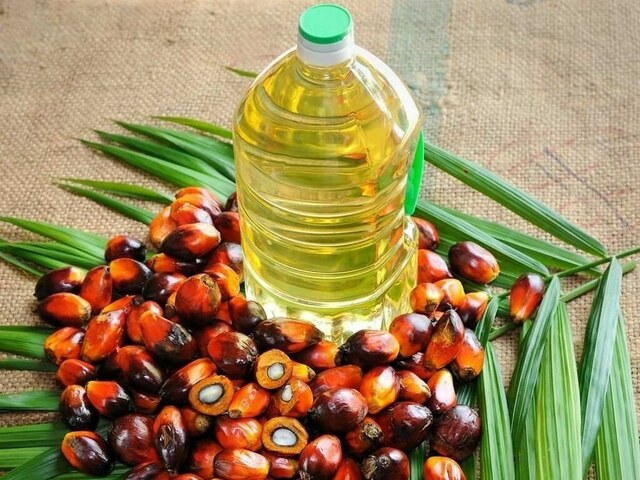SINGAPORE: Malaysian palm oil futures climbed for the fourth consecutive day on Monday to close at their highest in one month, on Indonesia’s plan to lower its export taxes and further raise its biodiesel blending rates.
The benchmark palm oil contract for November delivery on the Bursa Malaysia Derivatives Exchange closed up 54 ringgit, or 1.4%, at 3,921 ringgit ($902.42) a metric ton, finishing at its highest since July 24. The contract had surged 3.1% to an intraday high of 3,990 ringgit earlier in the session before retreating.
Indonesia’s trade ministry is mulling a plan to adjust its palm oil export tax to make palm oil more competitive amid weak global demand, Bisnis.com reported, citing Trade Ministry senior official Isy Karim. Its president-elect Prabowo Subianto hopes to implement mandatory 50% palm oil-based biodiesel blending by early next year, which he said would cut fuel imports by $20 billion per year.
Indonesia, the world’s top palm oil consumer, last week said it planned to raise the blending to 40% in January 2025, from the present 35%.
“The above, added with the weather vagaries in the Peninsular Malaysia, incessant rain and production worries, are the main catalysts for the firmness in the palm oil market today,” Lingam Supramaniam, director at Selangor-based brokerage Pelindung Bestari said.
The meteorological department of Malaysia, the world’s second-largest palm oil producer, forecast thunderstorms from Aug. 26 to Sep. 1 in nine of its 16 states and federal territories. Malaysia’s palm oil product exports for Aug. 1-25 fell between 14.1% to 14.9% from a month earlier, data from cargo surveyor Intertek Testing Services and independent inspection company AmSpec Agri Malaysia showed.
The pace of exports during the period strengthened, compared to a decline of 16.7% to 18.4% from Aug. 1-20. Dalian’s most-active soyoil contract gained 1.69%, while its palm oil contract jumped 3.67%. Soyoil prices on the Chicago Board of Trade edged 0.12% higher. Palm oil is affected by price movements in related oils as they compete for a share in the global vegetable oils market.

Source: Brecorder




























